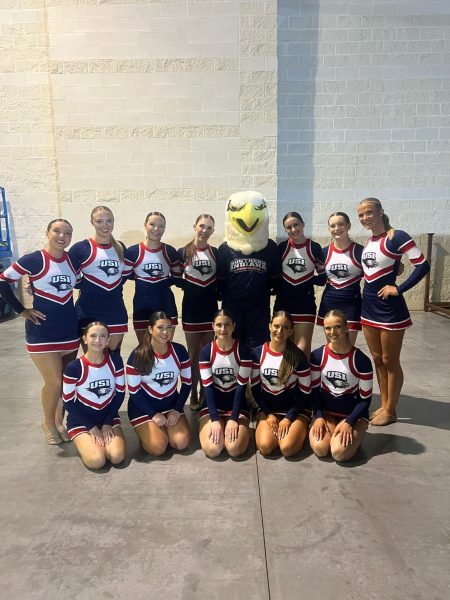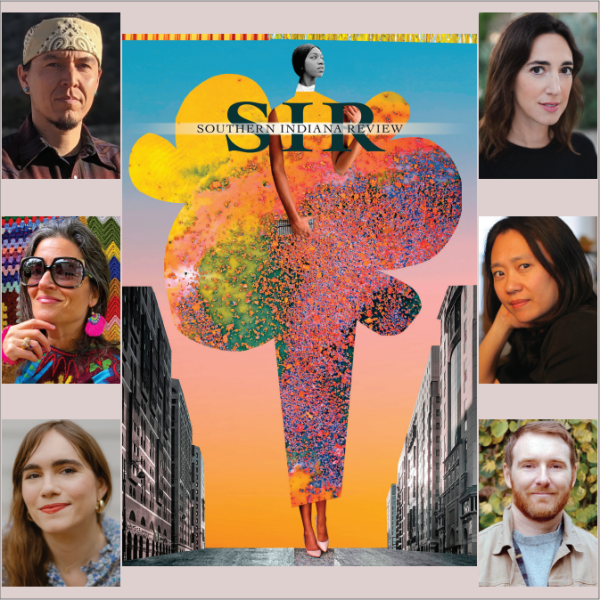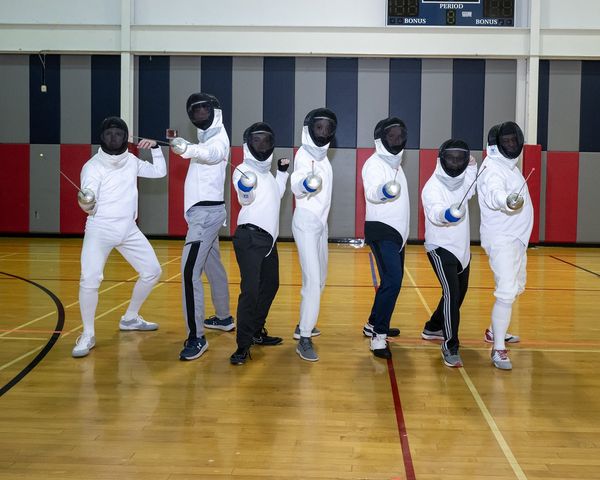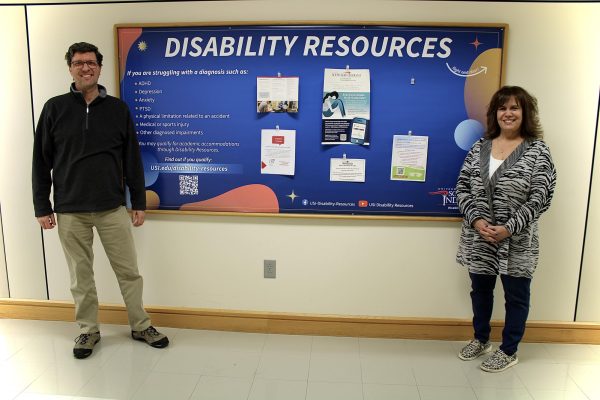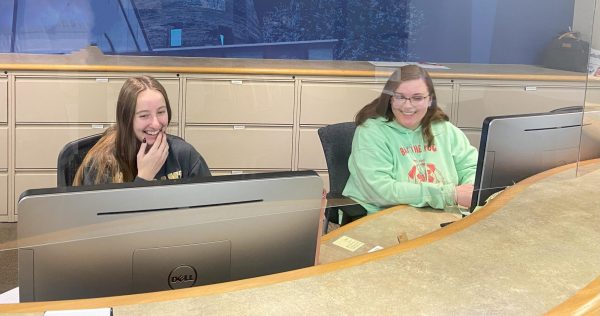Far from familiar: Nigerian student talks education
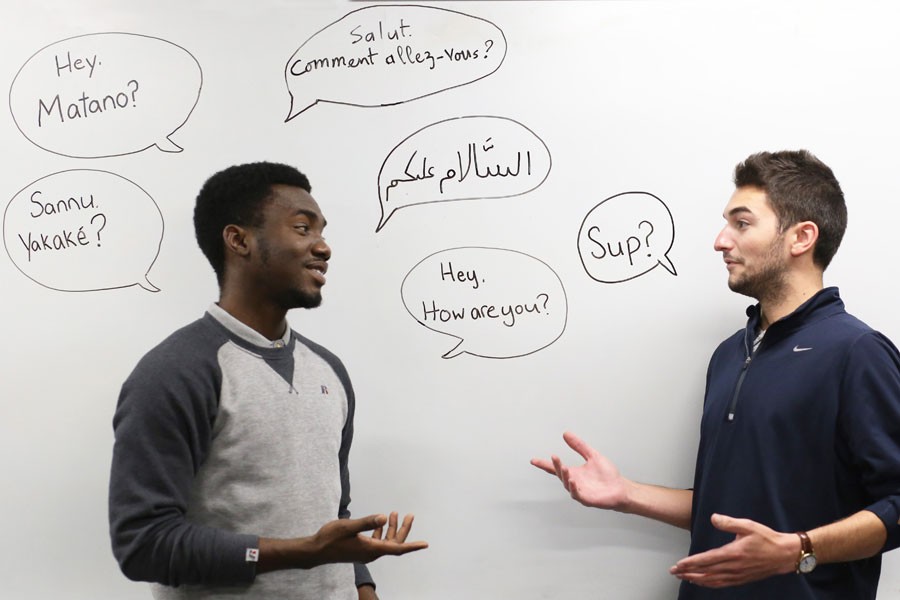
Photo Illustration
The Shield interviewed three international students to see how they were acclimating to life at a U.S. university. In this weekly series, The Shield revisits Souleymane Mamane Illia, a junior English major from Niger, to find out his opinion on U.S. education and language.
The Shield: What are some differences between U.S. education and education in Niger?
Illia: We have two different education systems: who can afford education and who cannot. Education from primary to university is free, like completely free, and that’s not the same here in America. Here, you need to spend a lot of money and not everyone can afford college, but something to remember is the quality. We do have public and private schools and private schools don’t have problems because you pay money to go there. Even though the government is trying to give free education, it’s kind of hard sometimes. In the public schools, you will see some difficulties. In Niger, teachers don’t get paid on time and there is no furniture in some schools, especially those that aren’t in the cities. Sometimes you can see primary children sitting on the ground to take a course.
The Shield: Do you think there are advancements in education in the U.S.?
Illia: I think it’s advanced when you compare our education to the American one. All the schools here have technology and it’s really advanced. You can take the example of science students using technology. Sometimes they can’t find some items from the laboratory to make something and this is a very big difference. To be honest, the American system is really advanced compared to our educational system. Maybe that’s why it is expensive to be in college here.
The Shield: Is the tuition cost in the U.S similar to universities in Niger?
Illia: All the government universities are free. All you need to pay is inscription fees, which are like $20 for the whole year. For students who got good grades in high school, they get scholarships from the government, which is a monthly stipend and free housing. But they have to pay for meals. We do have some public institutions and they are like colleges, but they also qualify as universities. But for acceptance into these institutions you need to get a very good grade in high school.
The Shield: Are the universities structured the same?
Illia: Our universities are so different from here, like the structure for the French system (used in Niger) and English are so different. Even the way you see students interacting with the professors, in our system, most of the professors you don’t have a chance to stay and talk about a problem with. They are so strict and they kind of show they have an authority over people. When you take for example the campus, here, you can have males and females living on the same floor or in the same building, which is totally different in our universities.
The Shield: You mentioned previously about speaking different languages. How is language taught in Niger?
Illia: We are taught different languages at school, like English, French and some Arabic, and we have our native languages. For students who usually go to school, you will see someone speaking two or three languages. So I mean, they are doing it just to make you open to the world and to know about other countries cultures and civilizations. I think that’s the idea behind teaching different languages.
The Shield: Do you think the U.S. has a language barrier because it’s common to know only one language?
Illia: Most people in the U.S. only know English. Some people know Spanish, and I think it’s not enough in order to know about the world or the culture. I think you should learn people’s languages because language is a part of the civilization.

